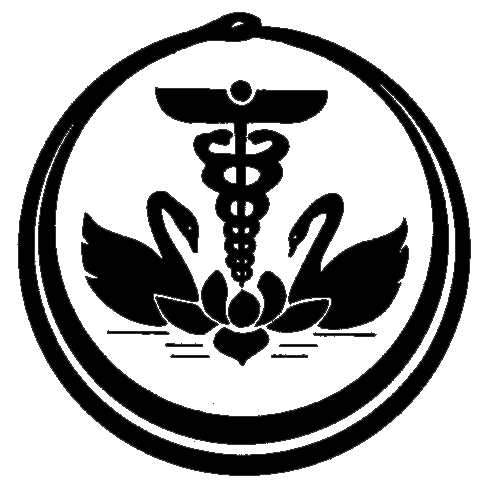. . . . continued from previous issue
The mind and vata dosha are made up of the same elements namely air and ether. When vata is in balance then the mind is clear and there will be clarity and an increased spiritual understanding. It is because of this that for people on the spiritual path a sattwic diet is advised.
Vata imbalances can affect the mind and cause fear, anxiety and a sense of loneliness. This vata gets imbalanced by both food and our lifestyle.
Vata imbalances are caused by: 1) eating foods that are dry and cold, 2) untimely eating and fasting frequently, 3) undisciplined lifestyle, 4) stress and worries, 5) sleep disturbances, 6) excessive exercise, 7) forced suppression of natural urges like hunger urination, thirst and sleep.
Pitta if in balance can make the mind courageous and confident. Pitta can be increased due to diet and excessive emotions like anger and jealousy. Kapha when in balance is associated with love, patience and loyalty. It is affected by our diet and lifestyle and causes depression, laziness, greed and stubbornness. Because Ayurveda addresses prevention rather than cure so much emphasis is placed on pathya (diet) and dinacharya (lifestyle).
Ayurveda broadly classifies treatment for manasika or mental disorders into:
1 Yuktivyapashraya
Here the use of appropriate food, medicines and lifestyle is addressed. Various foods like milk with ghee and various herbs like mandukaparni, Brahmi are advised. All medya (related to the mind) rasayanas like vacha, mulethi and guggulu are also given. All these have a curative as well as preventative effect on the mind
2. Daivavyaprashaya
This is otherwise known as divine therapy. Here mantras, wearing of gems, yagnas, offerings and vows are made use of.
3 Sattwavijaya
This is equivalent to psychotherapy and incorporates an analytical knowledge of the patient’s positivity and ways to reduce excessive desires, fear, grief and anger.
Ideally to tackle a stressed condition, identifying the stressors and increasing tolerance towards the stressors should be practised. It is here that deep breathing, pranayama, alternate nostril breathing and meditation come into use.
Lord Krishna in the Bhagavath Gita says that practice of yoga or vairagya (detachment from worldly desires/actions) are two ways to control the mind.
Other methods to calm and increase the strength of the mind are panchakarma and shirodhara. In panchakarma the body gets purified and the body gets strengthened. This strength of the body makes the mind stable.
The mind and the body complement each other in health and disease. These days life has become very fast paced and computerised. Human values have disappeared. Because of this manas is not stable and calm. Hence an accurate knowledge of manas is absolutely essential.
Mrs. Mira Swami, Department of Ayurveda
